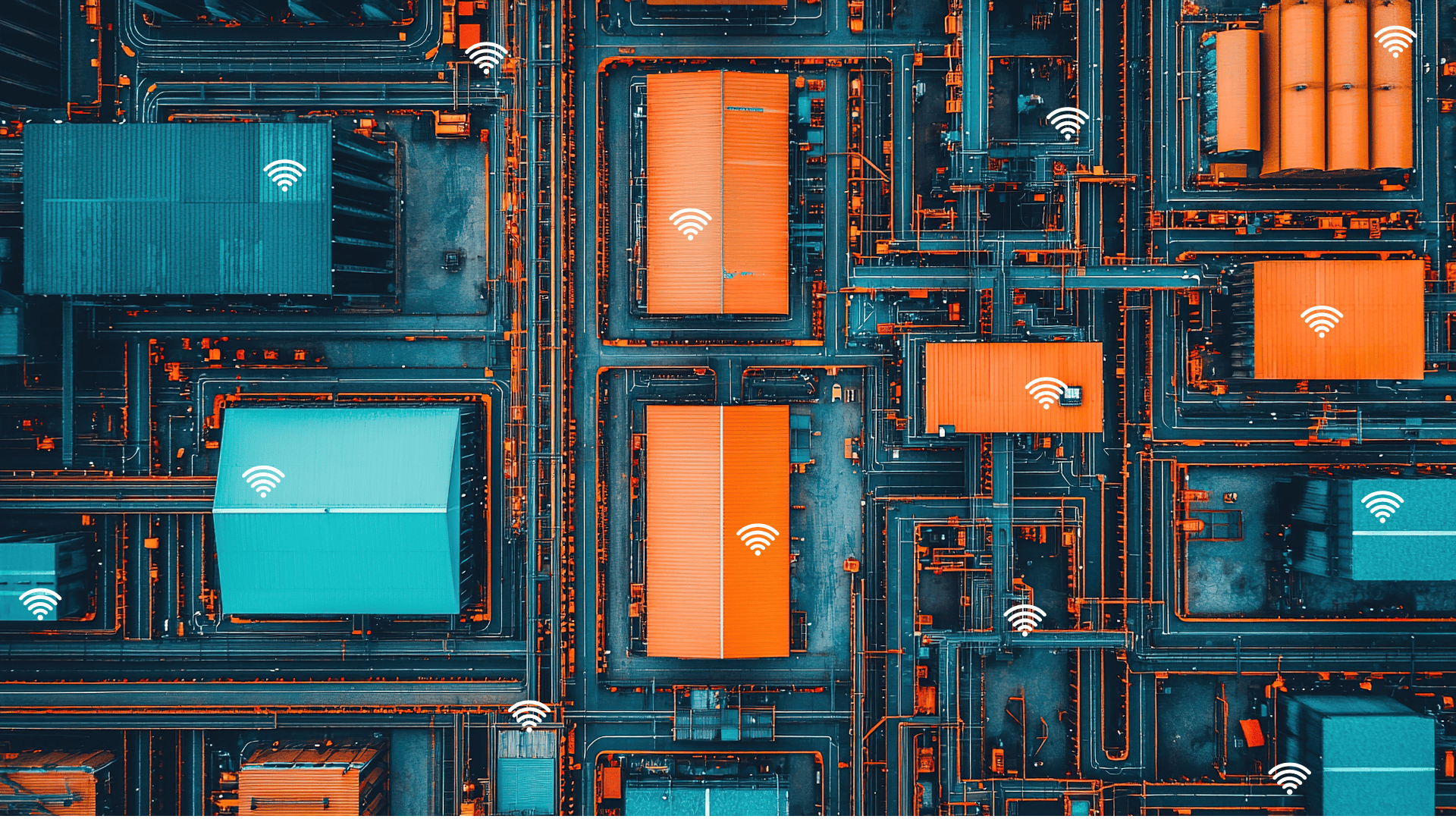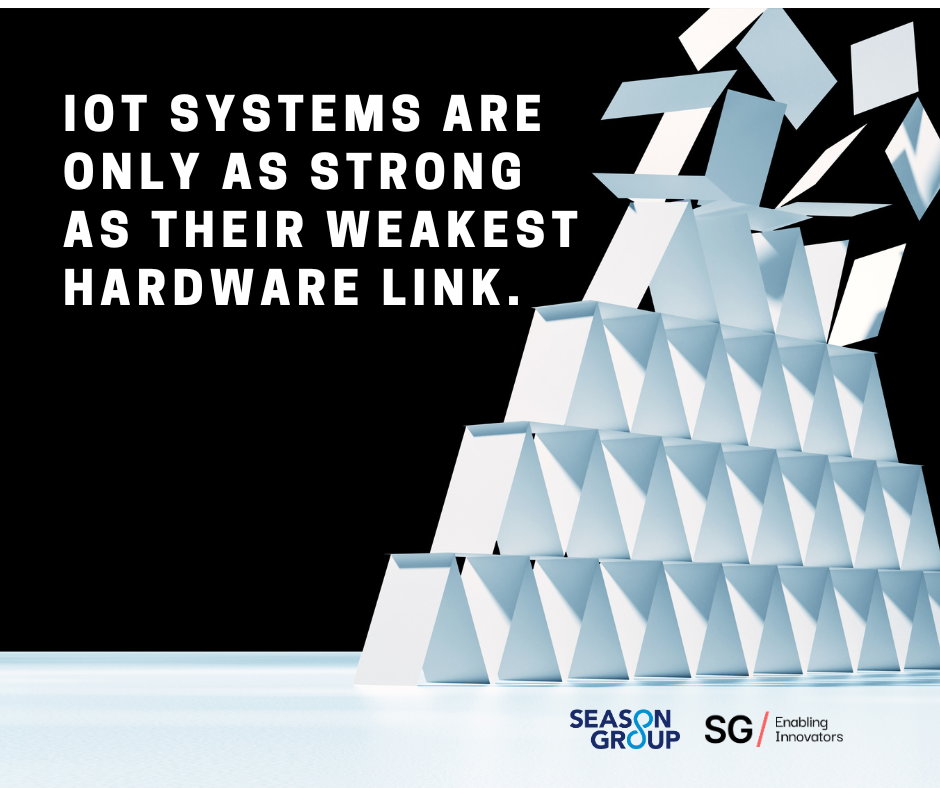Your basket is currently empty!
Adapting IoT for Growth: Why We Need to Move Beyond Prototyping

The Internet of Things (IoT) has come a long way from its early days of rapid prototyping and small-scale projects. Platforms like Pycom made it easy for developers to experiment with connected devices using approachable tools like MicroPython and multi-network connectivity. These early successes helped ignite innovation and bring countless ideas to life quickly.
But as IoT moves from prototypes to enterprise-scale deployments, the game changes. The challenges of managing thousands or millions of devices, ensuring reliable connectivity, meeting security and compliance requirements, and controlling costs become paramount. Simply put, what worked for prototyping often falls short when faced with the demands of large-scale, mission-critical IoT applications.
In this post, we’ll explore why it’s essential to adapt IoT solutions beyond prototyping, why it helps to build on proven foundations like Pycom’s, and what features and capabilities are needed to support enterprise growth – all while keeping an eye on cost efficiency.
1. Why IoT Needs to Move Beyond Prototyping
Prototyping is a crucial first step in IoT development. It allows teams to test ideas quickly, validate concepts, and iterate without heavy investment. Pycom’s accessible modules and MicroPython support played a big role in democratizing this phase, empowering developers to build and experiment with ease.
However, enterprise IoT projects introduce new realities:
-
Scale and Complexity: Managing thousands or millions of devices requires robust hardware and software that can handle complexity without sacrificing performance or reliability.
-
Reliability and Uptime: Enterprises need consistent, uninterrupted connectivity across diverse environments and geographies. Downtime can be costly or even dangerous.
-
Security and Compliance: Large deployments must meet strict security standards and often require certifications from carriers and regulatory bodies.
-
Operational Management: Remote provisioning, device management, and seamless cloud integration become critical to reduce operational overhead.
-
Cost Control: As deployments grow, both visible and hidden costs multiply. Efficient hardware design and streamlined processes are necessary to keep projects sustainable.
In other words, the tools and platforms that excelled at prototyping now need to evolve to meet the demands of real-world, large-scale IoT deployments.
2. Building on Pycom’s Legacy: Preserving Strengths, Adding Enterprise-Ready Features
The path forward involves building on what worked well in prototyping platforms like Pycom, while adding the enhancements needed for enterprise readiness.
Core Features that Continue to Deliver
-
MicroPython Programmability: The ease and flexibility of interactive MicroPython remain invaluable for rapid development and debugging.
-
Trusted ESP32-S3 Processor: A reliable, powerful processor that many developers are already familiar with.
-
Multi-Connectivity: Wi-Fi, Bluetooth Low Energy (BLE), and LTE continue to support a wide range of applications.
New Capabilities Designed for Enterprise-scale
-
LoRaWAN Connectivity: Adds long-range, low-power communication ideal for remote monitoring and wide-area deployments.
-
Zero-Touch Provisioning: Automates device setup and configuration, dramatically reducing deployment labor and errors at scale.
-
Carrier Certifications and Upgraded LTE Modem: Ensures reliable, carrier-approved connectivity worldwide, meeting enterprise security and compliance needs.
-
Compact, Arduino-Compatible Form Factor: Enables easy integration into existing hardware designs, minimizing costly mechanical redesigns.
-
Seamless Cloud Integration: Out-of-the-box compatibility with cloud platforms for device management, data visualization, and remote updates simplifies operations.
These enhancements address the operational, technical, and cost challenges enterprises face when scaling IoT beyond the prototype stage.
3. Managing Costs While Scaling: How Enhanced Modules Help
Scaling IoT deployments can quickly become expensive if costs aren’t managed carefully. The right hardware can make a big difference in controlling these expenses:
-
Accelerated Development: Interactive programming and plug-and-play hardware reduce engineering time and speed time-to-market.
-
Reduced Deployment Labor: Zero-touch provisioning eliminates manual field configuration, cutting labor costs and minimizing errors.
-
Simplified Hardware Inventory: Combining BLE, Wi-Fi, LoRaWAN, and LTE in a single compact module reduces component sourcing, inventory complexity, and integration effort.
-
Lower Backend Overhead: Cloud platform integration reduces the need for custom backend development and ongoing maintenance.
-
Reuse of Existing Designs: Arduino-compatible form factors allow hardware reuse, avoiding costly mechanical redesigns.
-
Improved Reliability: Carrier certifications and multi-network failover reduce downtime and data loss, protecting your investment and reducing operational risk.
Together, these factors contribute to a significantly lower total cost of ownership, enabling enterprises to scale IoT projects confidently and sustainably.
Building a Truly Connected Future
The IoT journey doesn’t stop at prototyping. As projects grow in scale and complexity, the technology must evolve to meet new demands for reliability, security, manageability, and cost efficiency. This is where the F1 Smart Module truly shines.
Building on the foundation of Pycom’s technology, the F1 Smart Module combines Bluetooth LE, Wi-Fi, LTE CAT-M1/NB-IoT, and LoRaWAN connectivity in a compact, MicroPython-programmable form factor. It adds enterprise-ready features like zero-touch provisioning, carrier certifications, and seamless cloud integration-designed specifically to help businesses scale their IoT deployments faster, more reliably, and with lower total cost of ownership.
For enterprises ready to move beyond prototyping and build scalable, cost-effective IoT solutions, the F1 Smart Module offers a proven, flexible platform to turn ideas into reality and keep pace with the growing demands of today’s connected world.




